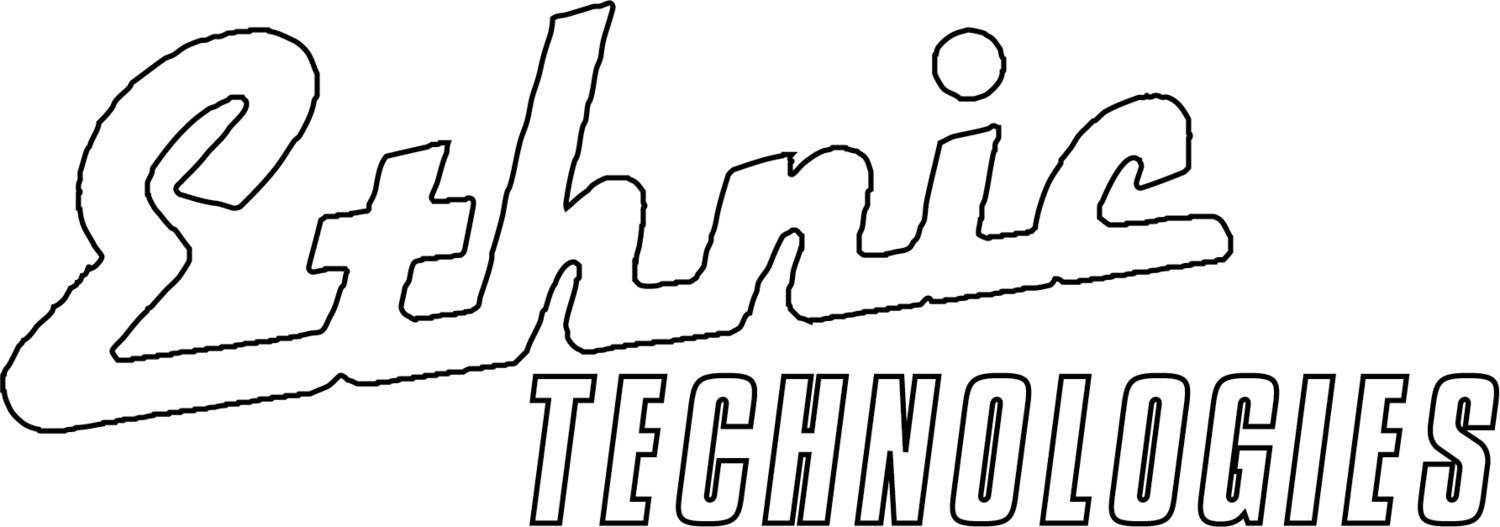Written by Lisa Spira
What ethnicity is the surname ELKHAIR? It depends how you interpret the written name.
If you look at this name as EL KHAIR, it’s Arabic. KHAIR means good, benevolent, or well-being. EL is one form of the Arabic definite article. This name splits into two Arabic components, each with a specific Arabic meaning. This surname is mainly used in the Northern African Arabic-speaking countries such as Sudan, Egypt, and Saudi Arabia.
If you look at this name as ELK HAIR, it’s Native American. An elk is a large species of deer native to North America. Native Americans frequently take their names from features in their natural environment. If the hair of the elk had significance to a particular tribe of people, over time, that environment feature could have morphed into a name, and into the form of an American surname.
The ELKHAIR phenomenon isn’t unique to surnames.
What ethnicity is a person named DAWON? Again, this depends on how you understand the name.
If her name is DAWON CHOI, she’s probably Korean. The English letters can be mapped back to different Korean characters, such that the meaning of the name can be interpreted in multiple ways. However, Korean first names are usually comprised of two characters, in this case: DA and WON. It’s likely that DA comes from the Korean character for “much, or many” and WON comes from either the character for “first” or the character for “beautiful woman.”
If his name is DAWON WASHINGTON, he’s probably African American. DAWON follows the sound pattern established in DEON, DESHAWN, DAVON, DERON, DEVONTE, DEJUAN, and DEONTE, all names that are popular for African American males. These names have a “DA” sound as a prefix, followed by an “ON” sound in the stressed syllable, followed by an optional final, unstressed syllable. African Americans frequently generate new name variants based on already popular sounds and sound-combination structures. DAWON’s construction follows these naming patterns.
The United States is a multicultural society. When multicultural identities are constrained by English letters, names aren’t always straightforward. The examples above are just the tip of the iceberg. Names are complicated by how we choose to represent different meanings and sounds, but these choices also become an important part of our cultural identities.
